Description
Ansible & Ansible – Playbooks For Automation
Discover the power of Ansible Playbooks Automation Guide in this comprehensive course designed for IT professionals, system administrators, and DevOps engineers. This course provides practical knowledge and hands-on experience to automate IT tasks efficiently, saving both time and resources.
Course Description
This course offers an in-depth exploration of Ansible and its Playbooks, guiding learners through step-by-step automation workflows. You will gain the skills to manage complex IT environments, deploy applications, and configure systems automatically. With real-world scenarios and practical exercises, you will master task automation, improve consistency across servers, and reduce human error.
By the end of this course, you will confidently write Ansible Playbooks, manage inventories, handle variables, and implement advanced automation strategies. Whether you are a beginner or an experienced professional, this course provides valuable knowledge that enhances your IT automation capabilities.
What You’ll Learn
- Introduction to Ansible architecture and its components
- Writing and executing Ansible Playbooks
- Managing inventories, hosts, and groups effectively
- Using variables, templates, and handlers in automation
- Implementing roles and reusable tasks for scalable automation
- Integrating Ansible with DevOps pipelines
- Troubleshooting common errors and debugging Playbooks
Requirements
- Basic understanding of Linux/Unix commands
- Familiarity with YAML syntax
- Access to a Linux environment (local VM or cloud)
- Interest in IT automation and DevOps practices
About the Publication
This course is created by industry professionals with extensive experience in DevOps and IT automation. It combines theoretical knowledge with hands-on practice, ensuring learners gain applicable skills immediately. Students will also benefit from curated resources and guidance throughout the learning journey.
Explore These Valuable Resources
Explore Related Courses
- Explore Related Courses: DevOps
- Explore Related Courses: Automation
- Explore Related Courses: Linux
- Explore Related Courses: Ansible
- Explore Related Courses: Playbooks
This course ensures you move from manual operations to fully automated workflows seamlessly. By leveraging Ansible Playbooks, you enhance productivity, reduce errors, and make your IT operations more reliable. Join today and transform the way you manage IT infrastructure!

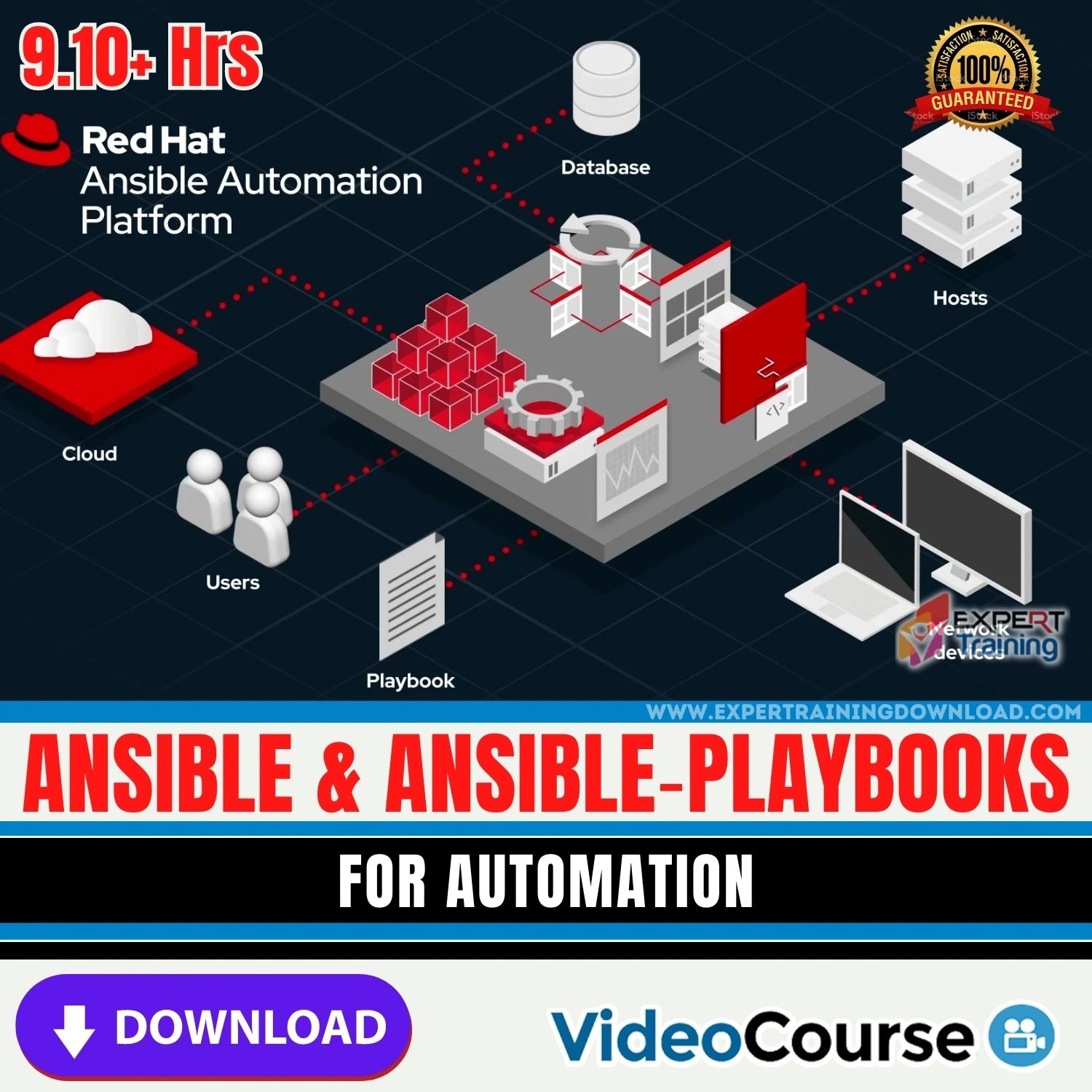

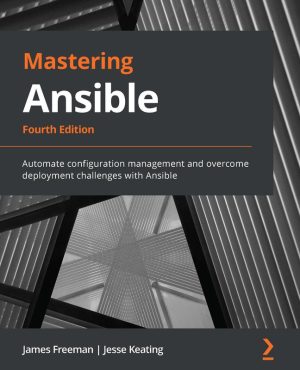
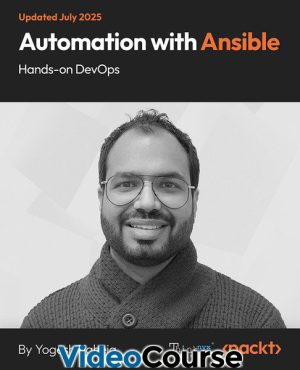
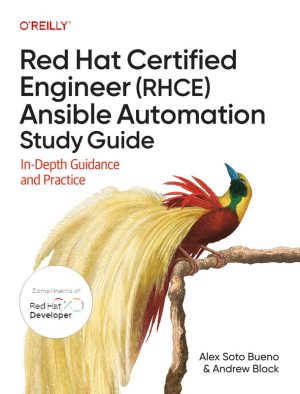

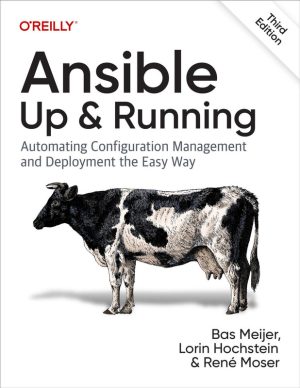

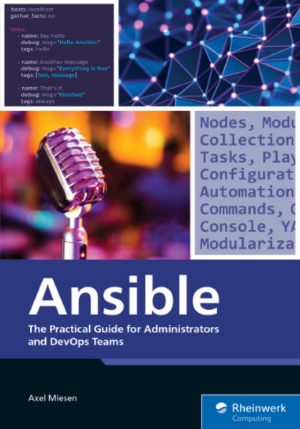

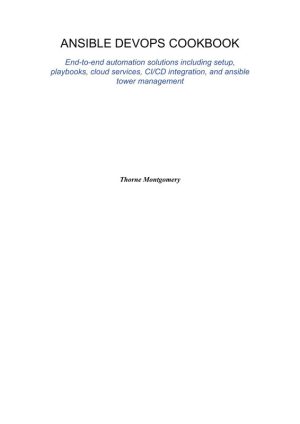
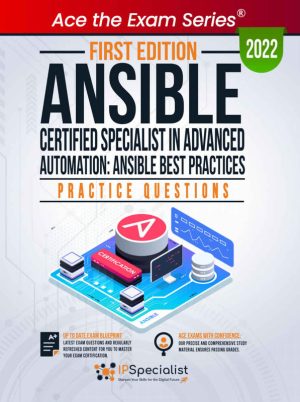


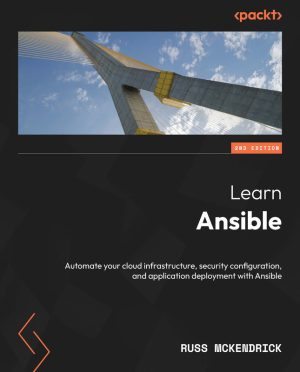


Reviews
There are no reviews yet.